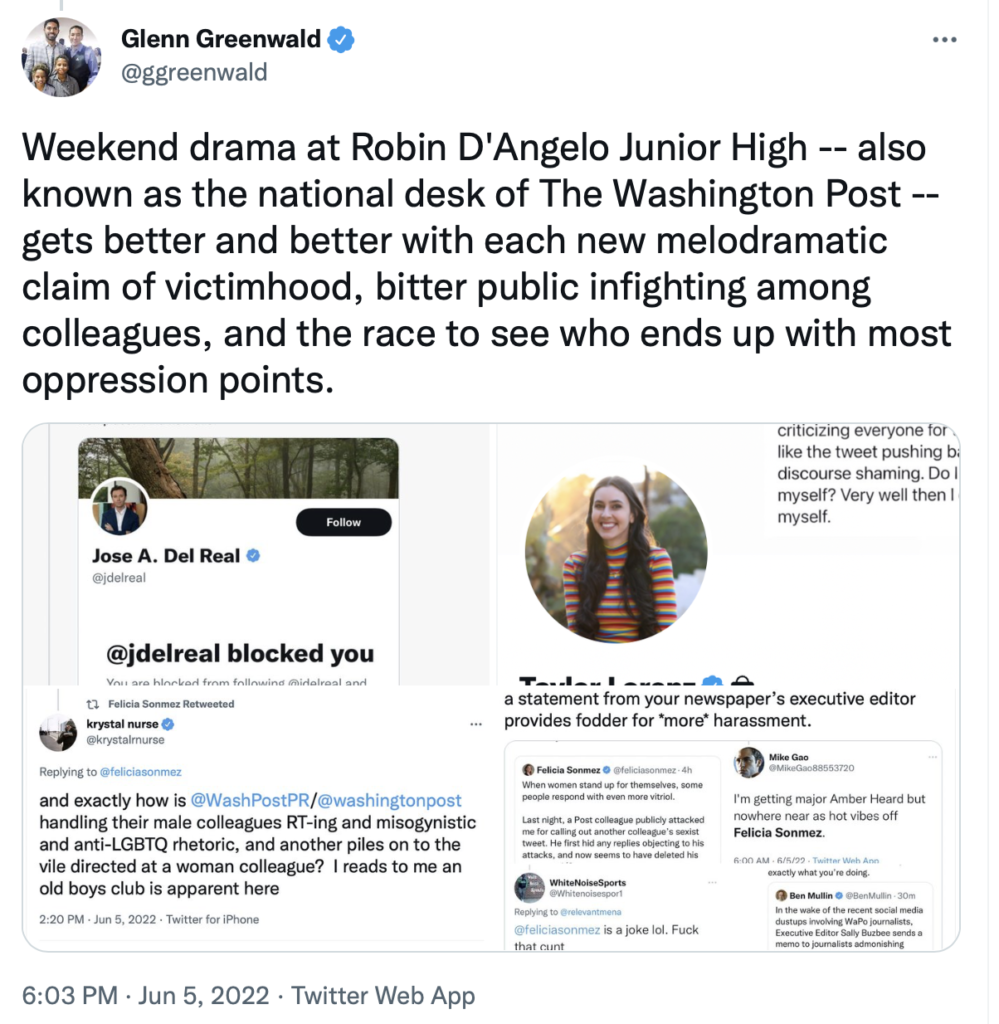Citing Accurate Statistics Can be Harmful to Your Career: The Cases of Zac Kriegman and Roland Fryer
Zac Kriegman lost his job at Thomson Reuters for the sin of doing his job well. Citing accurate statistics collided with the prevailing Black Lives Matter narrative regarding the extent of police violence against unarmed blacks. Unfortunate for his career, Kriegman also concluded that the Ferguson Effect stemming from the BLM protests and riots has resulted in the deaths of thousands of black men.
[Please assume that wherever I use the terms "black" or "white" that I am using these terms in scare quotes. I am asking readers to make this assumption because I am convinced that concept of "race" is illusory and pernicious and should be eliminated from all discourse. I am quite aware that people come in various shapes and shades of skin color, but none of this is evidence supporting a belief in "race." I have been convinced that this is the proper course based on writings of Sheena Mason, Thomas Chatterton Williams, Zuby (and see here), Kmele Foster, Coleman Hughes, Angel Eduardo and Inaya Folarin Iman. In an earlier post, I characterized the belief in "race" to be as absurd as the belief in astrology.]
What follows is an excerpt from Kriegman's article at Common Sense, "I Criticized BLM. Then I Was Fired: The data about police shootings just didn't add up, but no one at Thomson Reuters wanted to hear it.":
I had been following the academic research on BLM for years (for example, here, here, here and here), and I had come to the conclusion that the claim upon which the whole movement rested—that police more readily shoot black people—was false.The data was unequivocal. It showed that, if anything, police were slightly less likely to use lethal force against black suspects than white ones.
Statistics from the most complete database of police shootings (compiled by The Washington Post) indicate that, over the last five years, police have fatally shot 39 percent more unarmed whites than blacks. Because there are roughly six times as many white Americans as black Americans, that figure should be closer to 600 percent, BLM activists (and their allies in legacy media) insist. The fact that it’s not—that there’s more than a 500-percentage point gap between reality and expectation—is, they say, evidence of the bias of police departments across the United States.


